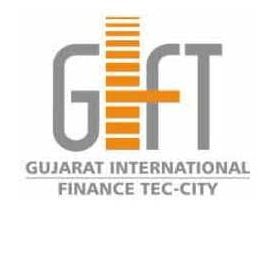Battery demand driven by the increased adoption of electric vehicles
The Lithium-Iron Phosphate battery market is expected to reach Rs.68.75 billion by 2028, expanding at a CAGR of ~12.05% during the 2023-2028, up from Rs.32.95 billion in 2022, according to a ResearchAndMarkets report.
In India, the rising demand for Lithium-Iron Phosphate batteries is primarily driven by the increased adoption of electric vehicles, where LiFePO4 batteries are favoured for their safety, long cycle life, and thermal stability.
The rise in environmental concerns has sparked increased interest and investment in Lithium Iron Phosphate (LFP) batteries, particularly favored by grid and energy storage device manufacturers for their compact size, low self-discharge rate, and cost-effectiveness.
While the decreasing prices of lithium-ion batteries drive the adoption of advanced technologies, challenges arise from the growing penetration of lead-acid and lithium-air batteries, along with the emergence of flywheel batteries, posing potential hurdles for manufacturers in the LFP battery space.
The global demand for electric vehicles (EVs) is surging due to their environmental benefits, reduced maintenance costs, and growing consumer preference, prompting governments worldwide to set electrification targets by 2050.
Countries like China, Japan, the US, Canada, and India have introduced regulations to promote EVs, and with the rising prices of traditional fuels, consumers are increasingly transitioning to electric vehicles.
The lithium iron phosphate battery, known for its cost-effectiveness, non-toxic properties, and robust performance, is becoming a preferred choice in EVs, contributing to the projected sevenfold surge in global demand for lithium-ion batteries between 2022 and 2030.
The production of lithium iron phosphate battery packs is a sophisticated process requiring meticulous control over environmental factors, and the limited conductivity and slow lithium iron diffusion in these batteries’ present challenges, hindering widespread adoption of the technology, particularly during high-rate charging and discharging, said the report.
Innovators in the LiFePO4 battery sector are striving to increase energy density, aiming to achieve extended runtimes and enhanced performance across applications like electric vehicles and renewable energy storage.
This enhancement primarily targets the storage of more energy per unit of weight or volume. The integration of LiFePO4 batteries with renewable energy systems, such as solar and wind power, facilitates the storage of surplus energy, ensuring a consistent power supply despite the intermittent nature of these renewable sources.
Competitive landscape:
Artek Energy Private Limited; Bharat Power Solutions; Fusion Power Systems; Explore Synergy Synocare Private Limited; Karacus Energy Private Limited; RCRS Innovations Private Limited. Fiinews.com










